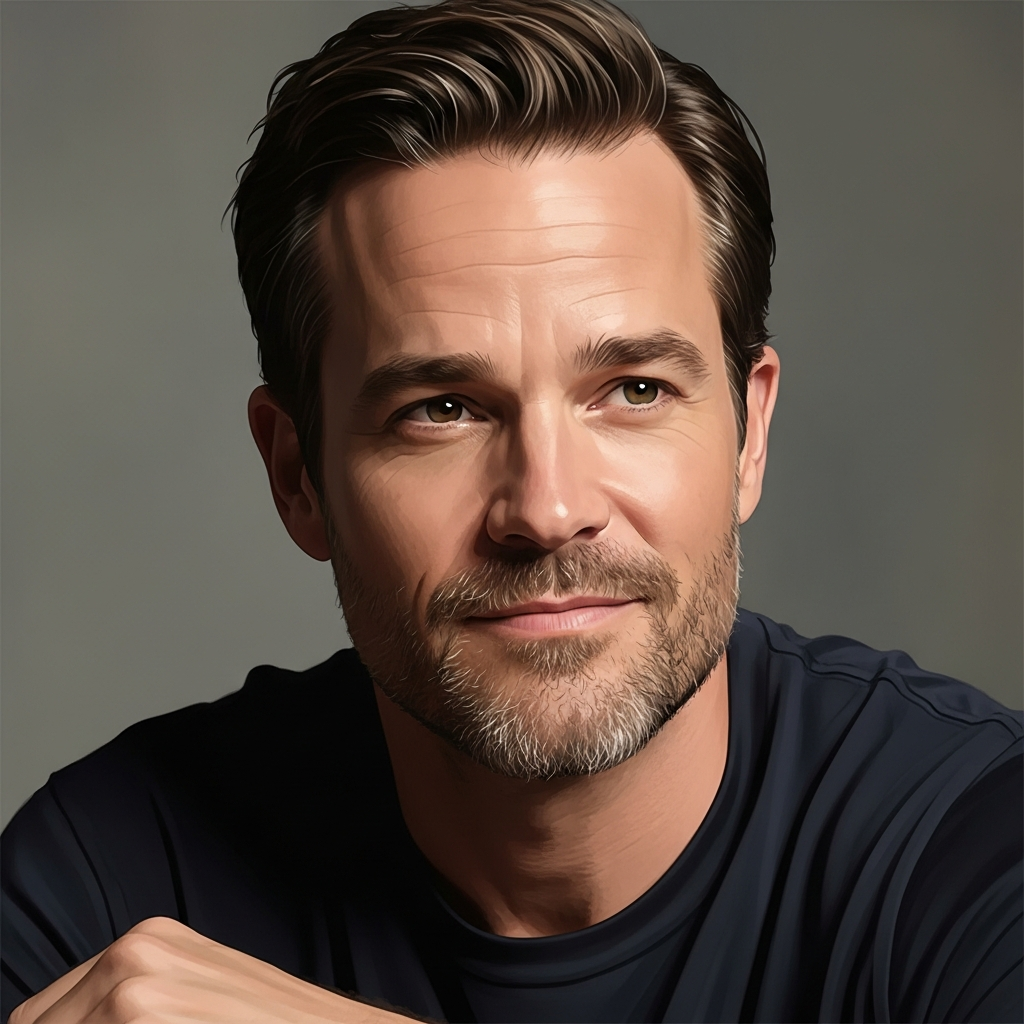The federal sex trafficking and racketeering trial of hip-hop mogul Sean “Diddy” combs has reached its pivotal moment. In a New York courtroom, a jury of twelve individuals has begun the challenging process of deliberating a verdict. After seven weeks filled with intense and often graphic testimony, this twelve-member panel must now decide if the evidence presented proves Combs guilty of charges that carry a potential life sentence.
The case, heard in the Southern District of New York, involves serious felony allegations. Combs, 55, maintains his plea of not guilty to all counts. The start of jury deliberations marks the culmination of a lengthy and widely publicized legal battle that has put the star’s life and career under unprecedented scrutiny.
Trial Reaches Critical Juncture
The fate of Sean “Diddy” Combs now rests entirely with the jury. Deliberations officially commenced on Monday morning after federal Judge Arun Subramanian completed instructing the eight men and four women on the relevant laws governing the case. These instructions took over two hours to deliver, outlining how the jury should consider the evidence, evaluate witness credibility, and apply the law to the facts presented.
Early in their deliberation period, the jury sent a note to the judge confirming they had successfully elected a foreperson. This procedural step is standard before the panel can dive into the substantive review of testimony and exhibits presented during the trial. The jurors have been provided with a laptop containing all trial exhibits, including text messages, photographs, and videos shown throughout the proceedings. Five alternate jurors remain on standby.
Weeks of Harrowing Testimony
The trial spanned over six weeks and was marked by testimony described by observers as both graphic and emotionally challenging. Witnesses recounted disturbing allegations concerning Sean Combs’ alleged behavior, detailing accusations of violence and specific sexual practices. The proceedings heavily featured discussions and testimony surrounding drug-fueled sexual encounters referred to as “freak-offs” or “hotel nights.”
These terms described alleged prolonged sex marathons, sometimes said to involve hired escorts. The jury heard powerful and often difficult accounts from individuals who testified about experiencing alleged coercion, control, physical violence, and psychological trauma at the hands of the music mogul. The sheer volume and intensity of the testimony from 34 witnesses highlighted the profound and disturbing nature of the accusations central to the government’s case.
Allegations vs. Defense Strategy
Prosecutors painted a stark picture of Sean Combs as the orchestrator of a criminal enterprise. Assistant U.S. Attorney Christy Slavik argued during closing statements that Combs “used power, violence and fear to get what he wanted,” asserting he believed his immense “fame, wealth and power put him above the law.” The prosecution contended that Combs relied on a dedicated “close inner circle and a small army of personal staff” who were instrumental in facilitating his alleged demands, boosting his influence, and fiercely protecting his public image and reputation.
The defense team, led by attorney Marc Agnifilo, presented a vigorous counter-narrative. They vehemently denied the existence of a criminal enterprise, asserting the government’s case was “badly, badly exaggerated” and fundamentally driven by financial motives rather than genuine criminal conduct. While acknowledging Combs’ past struggles with domestic violence, jealousy, and personal drug use, the defense insisted he was not involved in sex trafficking or coercion. Instead, they framed the alleged sexual encounters as consensual activities within a “swinger lifestyle” and complex personal relationships, even controversially describing the world depicted by the prosecution as “one of the great modern love stories” in their closing argument. Agnifilo urged the jury to “summon the courage” to acquit, proclaiming, “He is not a racketeer. He is not a conspirator… He is innocent.”
Key Witnesses and Evidence Presented
The prosecution’s case leaned heavily on the testimony of alleged victims, primarily two former girlfriends of Sean Combs. R&B singer Casandra Ventura, widely known as Cassie, provided detailed and often emotional testimony about her relationship with Combs, alleging numerous instances of violence and claiming he forced her into hundreds of sexual encounters with paid male sex workers. Another former girlfriend, who testified under the pseudonym “Jane,” gave similar accounts, detailing her experiences with alleged violence and recounting numerous “hotel nights.”
In a significant development, a woman identified as “Mia,” who previously worked as Combs’ personal assistant, also took the stand. She alleged that Combs physically and sexually assaulted her during her time of employment. Beyond witness testimony, jurors were presented with compelling physical and video evidence. This included now-infamous security camera footage from a Los Angeles hotel in 2016, which prosecutors argued depicted Combs assaulting Cassie. Clips from videos allegedly showing sexual encounters were also shown, alongside various text messages, financial records, and receipts intended to corroborate witness accounts and the prosecution’s theory of the case.
The Charges Combs Faces
Sean “Diddy” Combs is standing trial on a five-count federal indictment. The specific charges include:
- One count of racketeering conspiracy.
- Two counts of sex trafficking, specifically related to the allegations made by two former girlfriends.
- Two counts of transportation to engage in prostitution, involving accusations that he arranged travel for sex workers across state lines.
Combs was initially indicted in September 2024, following federal authorities conducting raids on his residences in Los Angeles and Miami. He was arrested at that time and has remained held without bail in Brooklyn ever since, with multiple requests for release denied. He has pleaded not guilty to all five current counts. If found guilty on all charges, he faces a potential minimum sentence of 15 years and a maximum sentence of life in prison. It is notable that prosecutors initially considered additional charges like kidnapping and attempted arson but ultimately dropped those theories before presenting their final case to the jury.
The Jury’s Task
Now that the case has been handed over, the twelve jurors are sequestered and must meticulously review the complex body of evidence and testimony presented over the past weeks. Judge Arun Subramanian provided them with comprehensive instructions designed to guide their process, including how to assess witness credibility. The judge explicitly told the jury they have the power to fully disregard testimony if they believe a witness intentionally lied, while also allowing for the possibility that a witness could be inaccurate in some parts but truthful in others.
The judge also walked the jury through each of the five criminal counts, detailing the specific elements that the prosecution must prove beyond a reasonable doubt for a conviction on each charge. This involves carefully weighing the prosecution’s narrative of a criminal enterprise built on coercion against the defense’s arguments that sexual acts were consensual, the accusers’ credibility is questionable (particularly given potential financial motivations like civil settlements), and that Combs is being unfairly prosecuted for his personal life. The heavy burden of proving guilt lies entirely with the government; the defense is not required to prove innocence.
Broader Context and Previous Events
The federal investigation that led to this high-profile trial was significantly influenced by external events. In 2023, Casandra Ventura (Cassie), one of the key witnesses in the criminal trial, filed a civil lawsuit against Sean Combs alleging abuse. While this lawsuit was settled out of court for a reported $20 million just one day after it was filed, it brought many of the allegations now central to the federal case into the public domain and is widely considered to have triggered the federal investigation and subsequent charges.
During the criminal trial, the defense team actively sought to introduce the financial aspect of the accusations, arguing that some accusers, including Cassie Ventura, were motivated by potential monetary gain. They specifically pointed to her substantial civil settlement as evidence supporting their claim that the case was primarily “about money” and civil disputes rather than genuine criminal conduct warranting the severe charges brought by the government. Combs has been in custody without bail since his arrest in September 2024 following federal raids connected to the investigation.
Frequently Asked Questions
What are the federal charges Sean “Diddy” Combs is facing?
Sean Combs is currently standing trial on five federal felony counts. These charges include one count of racketeering conspiracy, two counts of sex trafficking (allegedly involving two former girlfriends), and two counts of transportation to engage in prostitution, related to accusations of arranging travel for sex workers across state lines. He has maintained his plea of not guilty to all five charges throughout the trial.
What kind of evidence did the jury see in the trial?
Over seven weeks, the jury was presented with a variety of evidence intended to support or refute the charges. This included compelling testimony from 34 witnesses, most notably former girlfriends like Cassie Ventura and “Jane,” and former assistant “Mia.” Key physical and video evidence included security camera footage from 2016 allegedly showing Combs assaulting Cassie, clips from videos depicting alleged sexual encounters, text messages, financial records, and receipts. All trial exhibits were made available to the jury on a laptop during deliberations.
Why did the defense argue the Diddy case was about money?
The defense team, led by Marc Agnifilo, contended that financial motivation played a significant role in the accusations brought against Combs. They highlighted that one of the accusers testifying in the criminal trial, Cassie Ventura, had previously filed a civil lawsuit against Combs which resulted in a $20 million settlement. The defense suggested this substantial settlement, which occurred shortly before the federal investigation gained momentum, supported their argument that the case was primarily driven by financial interests and civil claims rather than proving criminal conduct beyond a reasonable doubt.
What’s Next
With the jury now engaged in deliberations, the high-profile trial of Sean “Diddy” Combs enters a period of waiting. The complex and sensitive nature of the case, coupled with the volume of evidence and testimony presented, means the deliberation process could take time. The world watches closely to see how the twelve jurors will weigh the arguments from both sides and ultimately deliver a verdict that will profoundly impact the life of the music icon.



